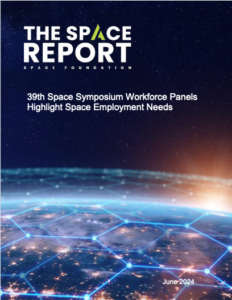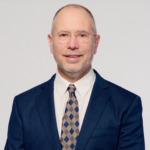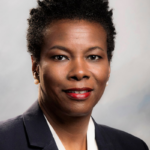Colleges work to cut barriers to space education, retrieve dropouts
With more flexible schedules, online learning, and a focus on bringing back students who have dropped out, some U.S. colleges hope to bridge skill gaps and deliver a more diverse workforce to the space industry, panelists told an audience at the 39th Space Symposium.
University leaders gathered for a daylong event examining ways to grow the pool of talented space professionals and focused on how to retrieve students who dropped out of college or suffered setbacks in education during the coronavirus pandemic.
“Higher education needs to pivot to that,” said Janine Davidson, president of Denver’s Metropolitan State University. Colleges also need to learn how to recruit students in the midst of tumbling enrollments driven by changing demographics in the American population.
Mordecai Brownlee, president of the Community College of Aurora, said it is important for colleges to make sure the programs offered are still viable. The focus Aurora is working to deliver prepares students for the workforce and enables them to build wealth, he said.
Colleges also are having a difficult time recruiting and retaining professors in fields including engineering, said Henrietta Pichon, dead of the College of Education at the University of Colorado at Colorado Springs. “Education is competing for the same people who are preparing to go out into industry,” she said.
Rachelle Keck, president of Iowa’s Grandview University, said her school is focused on agility and adaptation, readying students for a fast-changing world in industries including space. Research has shown students today will have as many as 17 jobs in their lives, requiring them to constantly learn new skills, Keck said.
“We listen and design programs relevant to those needs,” she said.

Get more data and insights on education and workforce development efforts with a white paper from The Space Report:






